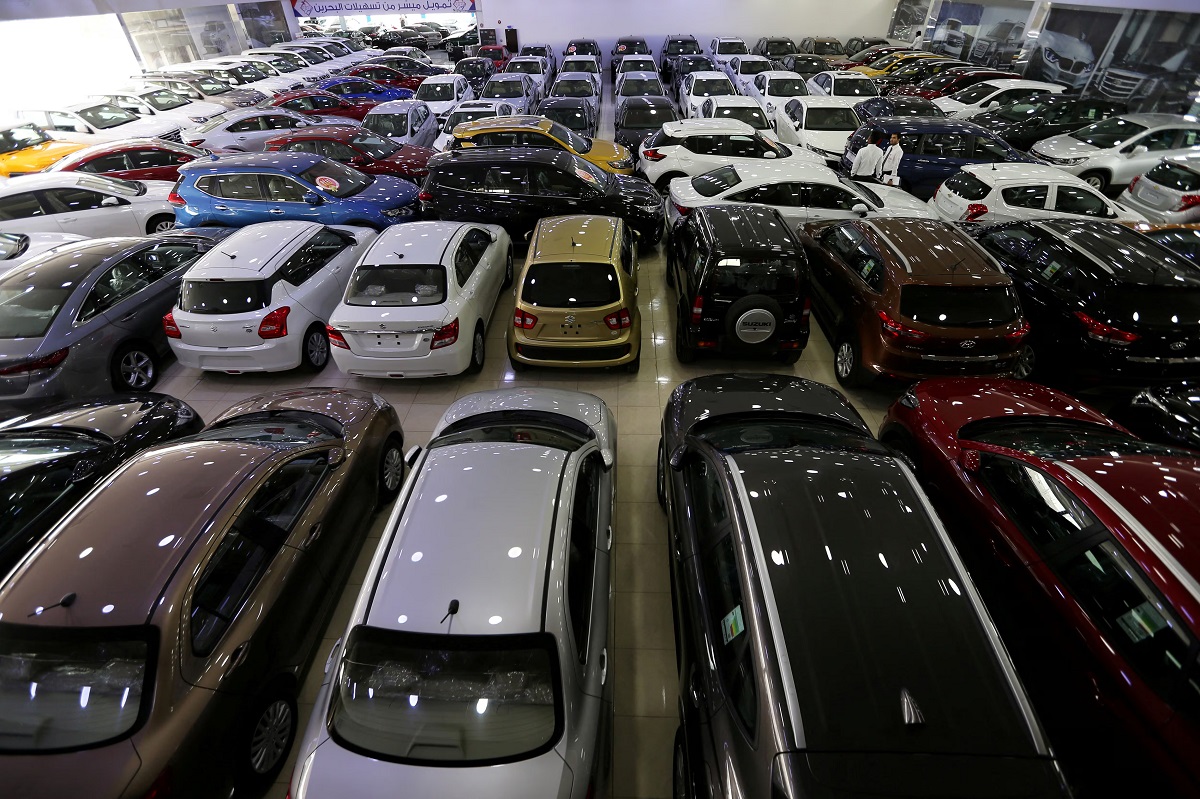
Dealership Tricks
Purchasing a car is one of the biggest financial decisions most people make, yet car dealerships have refined their methods to maximize profits, often at the buyer’s expense.
With hidden fees and unnecessary extras, the process can feel like a maze designed to lighten your wallet. If you’re planning to buy a vehicle, understanding the common dealership tactics can help you avoid being overcharged or misled.
One of the first traps to watch for is hidden fees. Dealerships are notorious for adding extra charges that can significantly raise your final cost. According to Consumer Reports, several common fees often appear on sales invoices.
“Dealer Prep Fees,” for instance, are charges supposedly meant to cover preparing the car for sale, though these tasks are typically already included in the car’s standard service. “Documentation Fees” can also be inflated—while some states regulate them, many do not, allowing dealers to set arbitrary amounts.
“Market Adjustment Fees” are another profit-boosting tactic, particularly for in-demand vehicles, where dealers add arbitrary “market” charges. It’s best to research fair market prices online to avoid overpaying.
Lastly, be wary of “Advertising Fees,” where some dealers attempt to pass their marketing costs onto buyers; if this appears on your invoice, don’t hesitate to challenge it.

Another common dealership trick involves emphasizing “low monthly payments” instead of the car’s total cost. This sales pitch can sound appealing, but it often hides the real financial impact.
Dealers may extend the loan term, causing you to pay more interest over time, or bundle hidden fees into your monthly payments to make them less noticeable.
In some cases, they may even offer financing at higher interest rates than what you could find through a bank or credit union. Always focus on the total purchase price, not just the monthly payment figure.
Even after agreeing on a price, dealerships often attempt to increase profits through upselling. They may push add-ons such as extended warranties, rustproofing, fabric protection, VIN etching, or tire and wheel protection. Many of these extras offer minimal value.
Extended warranties frequently overlap with manufacturer coverage, while rustproofing and fabric protection are unnecessary since modern vehicles already come with durable coatings.

VIN etching, though useful for theft prevention, can be done elsewhere for a fraction of the cost. Tire and wheel protection, unless you drive in rough conditions regularly, is often not worth the premium.
Finally, remember that negotiating is an expected part of the car-buying process, but not everyone is comfortable with it. Dealerships count on this discomfort; those who avoid negotiating often end up paying hundreds or even thousands more.
Being prepared to negotiate, or having someone experienced assist you, can make a significant difference in the final price. In short, staying informed, cautious, and confident can save you from the costly traps that dealerships set to increase their margins.



